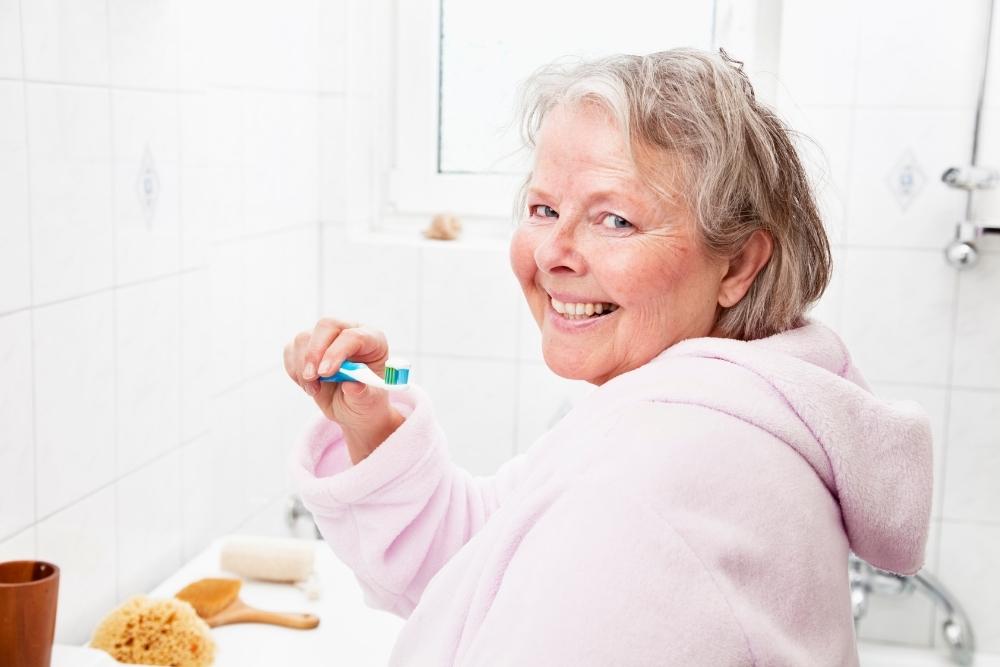Many seniors find it challenging to keep track of their activities of daily living (ADLs), which may lead to health problems. However, when using a checklist for your activities of daily living, you will feel more in control and confident that you are taking care of yourself, your senior loved one, or your parent.
A checklist is a list of things to be done, such as a to-do list. Checklists can provide a sense of completion and fulfillment as you cross items off the list.
While there are many different ADLs, most caregivers will agree that these fall under five basic categories. So let’s take a look at those with the help of the below.
Five Categories of Activities of Daily Living
1. Personal Hygiene
Personal Hygiene is essential for a variety of reasons. Most of us take personal Hygiene seriously when we are younger. However, as we age and don’t get out as much, some think it is okay to let some go. Well, it is not! Everyone should take care of their body and be clean at all times. Some personal hygiene things could include:
- Can they wash their hands with soap?
- What about brushing their teeth with toothpaste?
- Can they shower or take a bath on their own?
- Wipe their nose with tissues when needed?
- Wiping after using the toilet?
- Can they maintain their hair care?
- Brushing hair?
- Washing hair?
- Blowdrying and styling if required?
- If skincare is needed, can they do it on their own?
- Apply lotions?
- Apply Sunscreens?
- Use medication creams if needed?
2. Dressing
It is essential that your senior loved one can dress and make appropriate clothing decisions. It is also vital that the person can undress as well as do their laundry. They should also know what is clean and dirty and be able to keep track of that.
- Can they pick out weather-appropriate clothing?
- Button their clothing?
- Use zippers?
- Put on socks?
- Put on their underwear?
- Pull up their pants?
- Tie or put on weather-appropriate shoes?
- Can they take it all off on their own?
3. Eating
Eating refers to the ability to feed oneself, in this case. However, it doesn’t necessarily mean that the person is capable of preparing food. However, eating could be taken one step further into food preparation. Some elderly can work a microwave but not a stove for their protection, as an example.
- Can they take bites on their own?
- Use silverware and other utensils?
- Know when to stop eating?
- Know when to eat?
- Know how to clean up the dishes?
- Use a microwave?
- Use a stove?
- Use other appliances such as a toaster or oven?
4. Maintaining continence
Basically, can the patient know and use the restroom as they should? This includes wiping properly and pulling up their pants. Things to ask are:
- Do they know when they have to go?
- Can they put their clothing back on when done?
- Can they wipe properly?
- Do they know when and how to flush?
5. Transferring/Mobility
This refers to how they get around. Can the patient:
- Stand on their own?
- Sit on their own?
- Walk short distances?
- Get out of bed and in bed?
- Move independently about the home?
While this is just a short checklist, things could be added in more detail if needed. However, having a checklist for activities of daily living is a good start in determining the needs of your senior loved one or parent.

